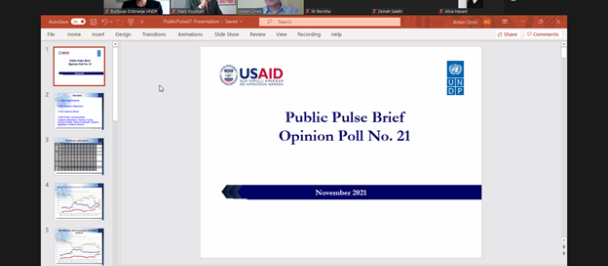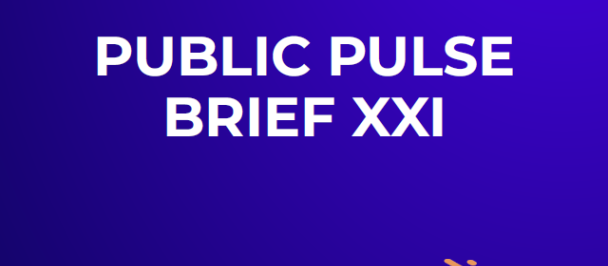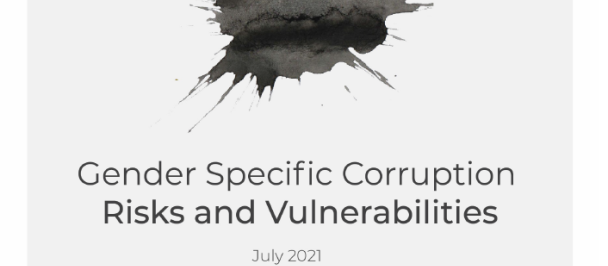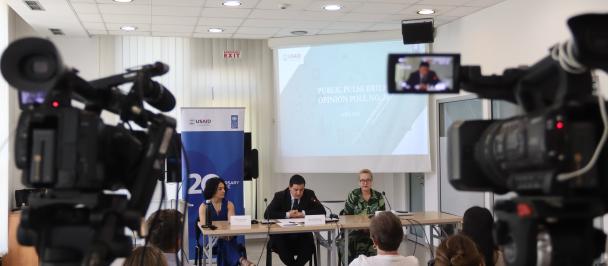During this unprecedented COVID-19 global pandemic, Kosovo authorities have decided to shut down all public and private education institutions in line with measures taken to protect against the spread of coronavirus. These measures include the suspension of air and land travel to all countries infected widely by COVID-19, as well as restriction of movement from 17:00 to 06:00 hrs.
In this regard, the request from citizens to equip with various healthcare and sanitary products have been increased considerably. Also, the price of the healthcare and sanitary products as well as personal protective equipment and potential counterfeit pharmaceutical products and other food products has increased manifold since the outbreak of the crisis. There is a risk that the expensive price and counterfeiters will use shortages in the supply of some goods to increasingly provide unreasonable expensive and counterfeit alternatives both on- and offline.
Cybercriminals swiftly took advantage of the pandemic situation where according to Kosovo Police there are tendencies of social engineering attacks, Phishing, telecommuting, COVID19 e-mail spam statistics (“*corona*” or “*covid*”) in the subject line, business email compromise, Malware and ransomware attacks as well as online searches for child abuse material.
UNDP’s Kosovo Safety and Security Programme (KSSP), through the Norwegian funded project on Combatting Cyber Crime in Kosovo, has provided a specialized training on Computer Hacking Forensic Investigations (CHFI) and Reverse Engineering for Kosovo Police investigators who advanced their knowledge and skills in monitoring and successfully preventing and responding to potential cyber threats.
There is so much, that you can also yourself to prevent you falling victim to cybercriminals who are trying to profit from the pandemic. Here are some do-nots:
- Do not reply to suspicious emails
- Do not open links and attachments in unsolicited emails or text messages
- Do not share your banking or credit card details!
- Do not share news that don’t come from official sources.
- Do not send money up front to someone you do not know.
Stay alert and report suspicious activities to your local police.
Author: Mentor Cakolli, KSSP Project Manager
Read more:
UN tackles ‘infodemic’ of misinformation and cybercrime in COVID-19 crisis: https://www.un.org/en/un-coronavirus-communications-team/un-tackling-%E2%80%98infodemic%E2%80%99-misinformation-and-cybercrime-covid-19
WHO reports fivefold increase in cyber-attacks, urges vigilance: https://www.who.int/news-room/detail/23-04-2020-who-reports-fivefold-increase-in-cyber-attacks-urges-vigilance
COVID-19 and Human Rights We are all in this together: https://www.who.int/news-room/detail/23-04-2020-who-reports-fivefold-increase-in-cyber-attacks-urges-vigilance
KSSP Project: https://www.ks.undp.org/content/kosovo/en/home/projects/kosovo-safety-and-security-project.html

 Locations
Locations




